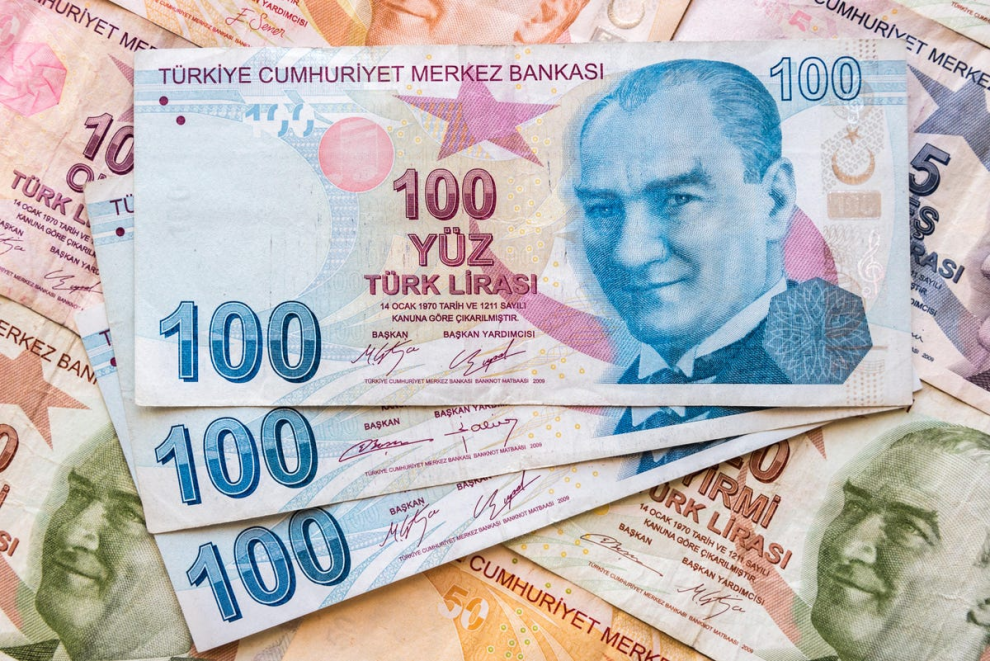After climbing from one record to another in the past year, inflation in Turkey is now declining again slightly. However, the inflation rate is still above 50 percent.
High inflation in Turkey continues to decline. In February, consumer prices rose by 55.2 percent compared to the same month last year, according to the national statistical office in Ankara on Friday. That was slightly below expectations from bank economists, who had expected a rate of 55.5 percent on average.
In the previous month, the inflation rate was 57.7 percent, last year it had even risen to around 85 percent. Since then, inflation has tended to decline. Recently, however, the decline had slowed down.
Causes are partly homemade
The high inflation has several causes, some of which can be influenced. The ongoing weakness of the national currency, the lira, is largely self-made, which experts attribute primarily to the loose monetary policy of the Turkish central bank. The currency watchdogs have continued to reduce their key interest rates in recent months despite the high inflation rates.
Actually, according to economic doctrine, significant interest rate increases would be necessary to cool down economic activity and thus get inflation under control. However, Turkish President Recep Tayyip Erdogan is opposed to high interest rates.
Interest rates were only reduced again in February, but at that time mainly because of the severe earthquake in the border region with Syria. The Turkish central bank had lowered the key interest rate by 0.5 percentage points – to 8.5 percent. It is currently the lowest it has been in three years.
Ukraine war as a price driver
On the other hand, the development of the prices of many raw materials and intermediate goods is regarded as a driver of inflation that is difficult to influence. These have increased drastically in the last year in particular. The main reason is Russia’s war against Ukraine, since both countries are important suppliers of raw materials.
Source: tagesschau































